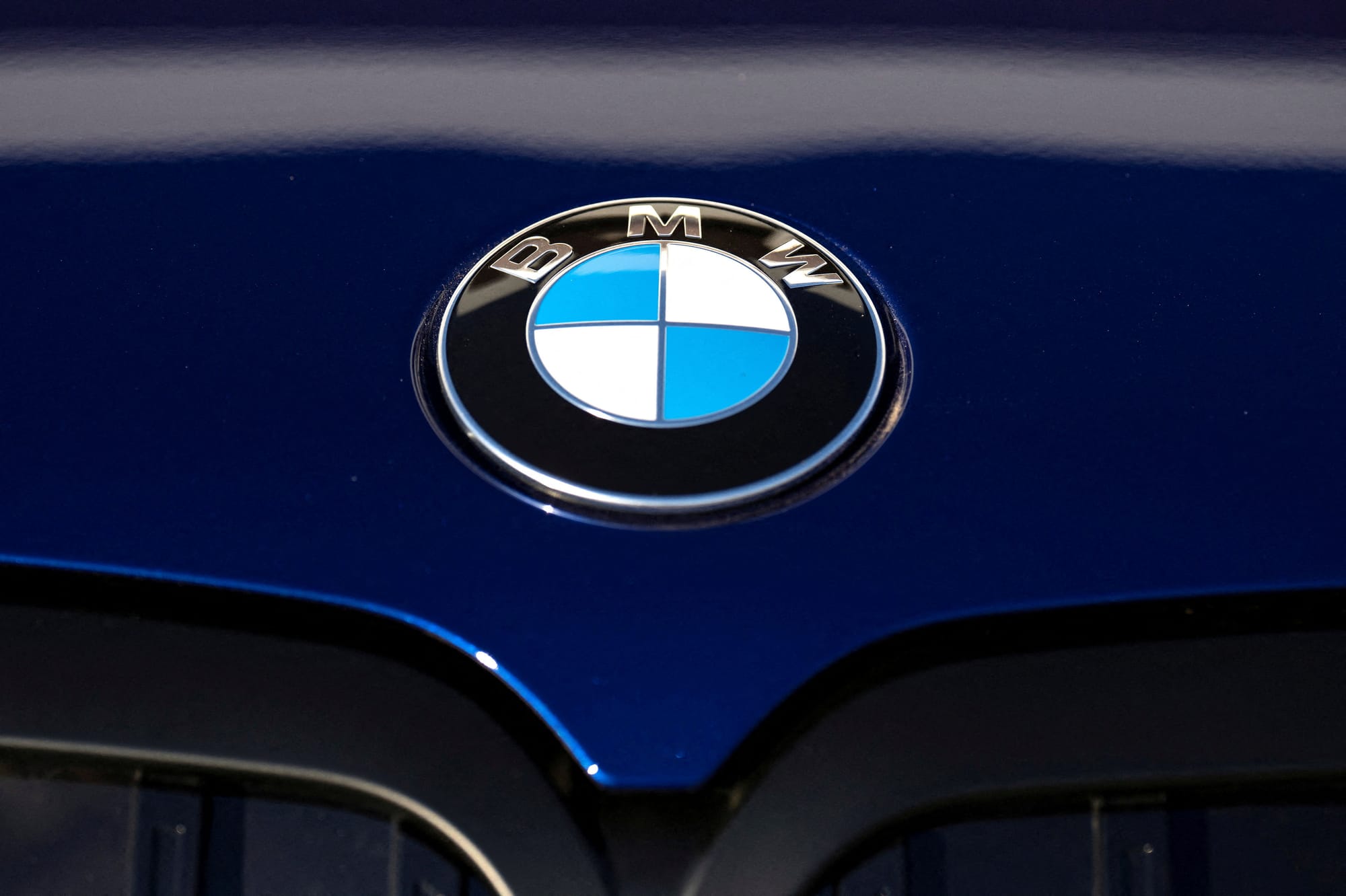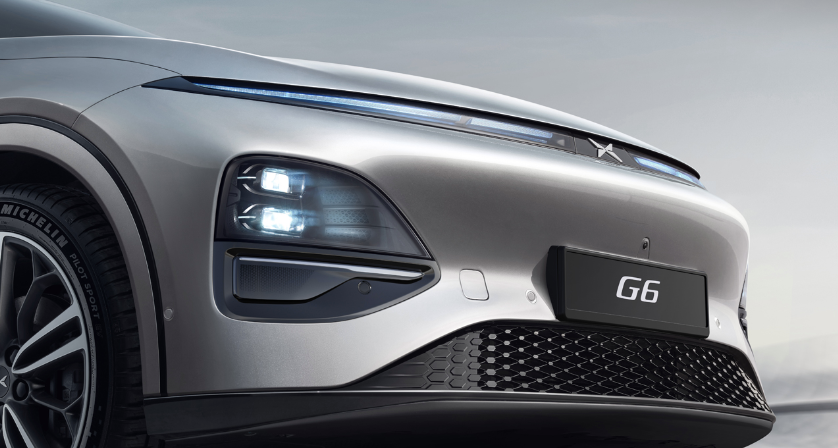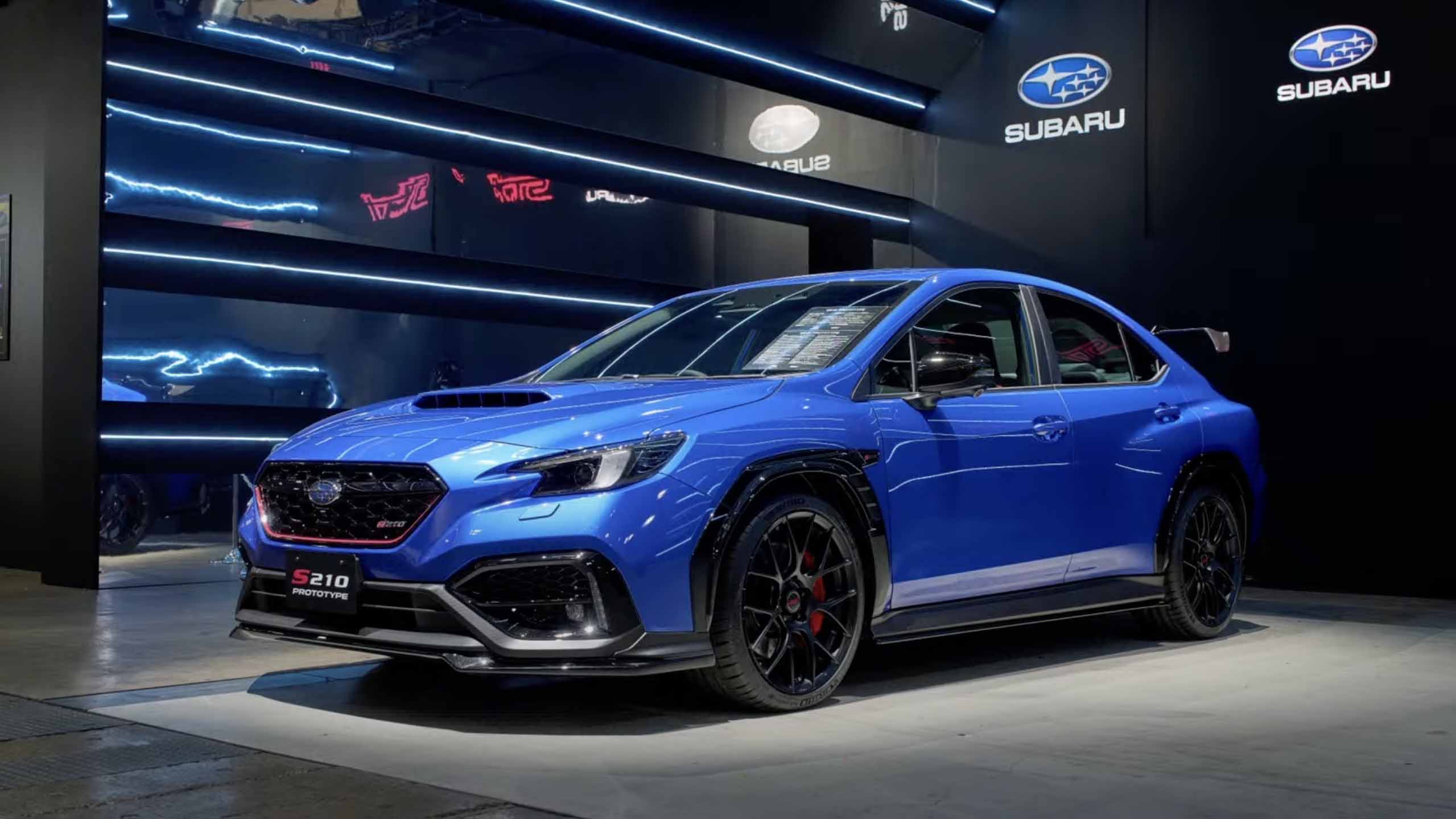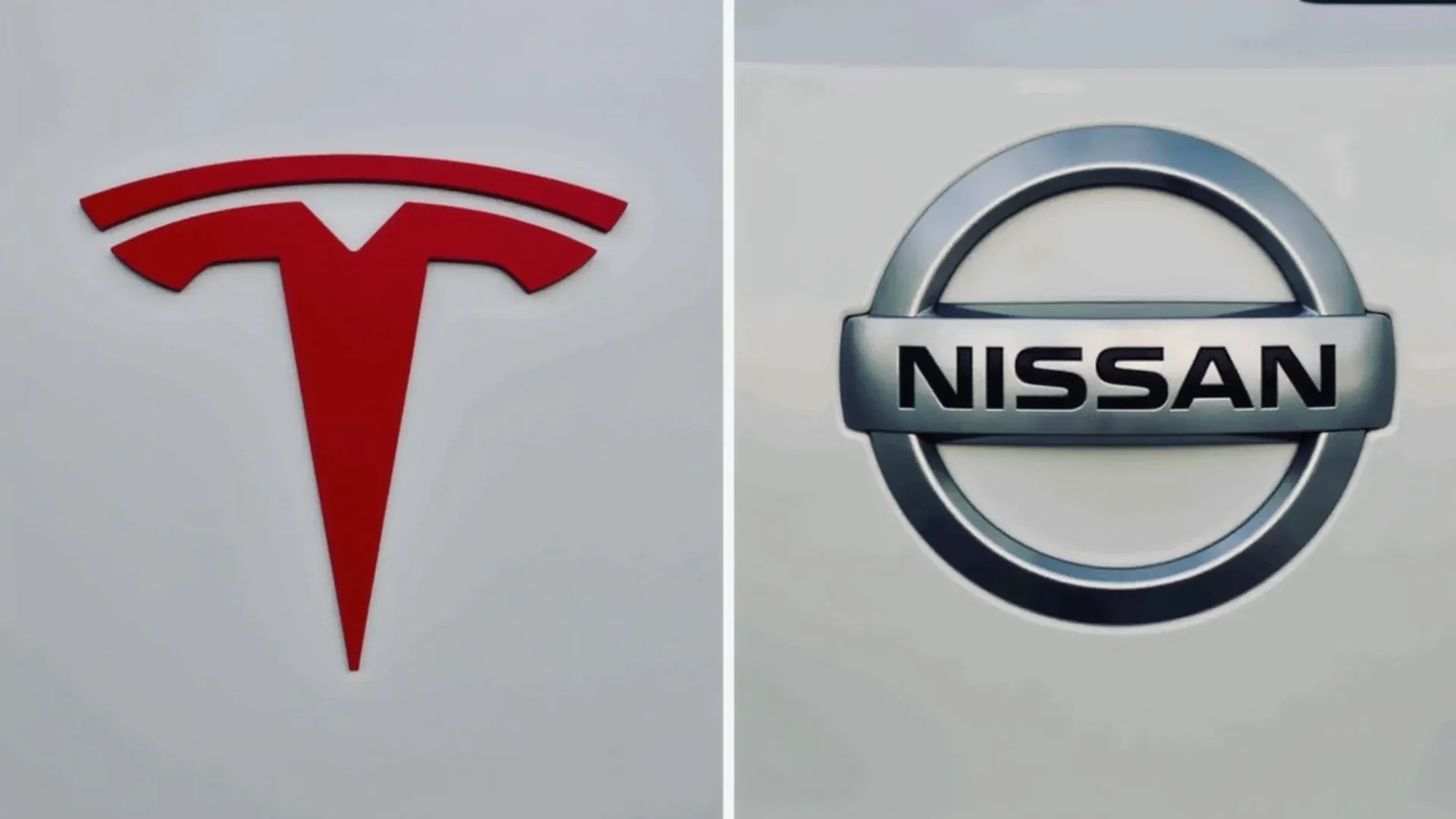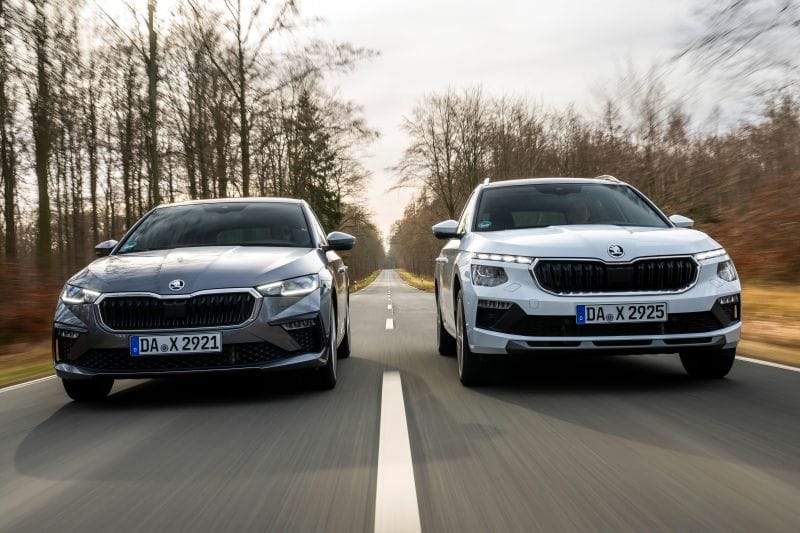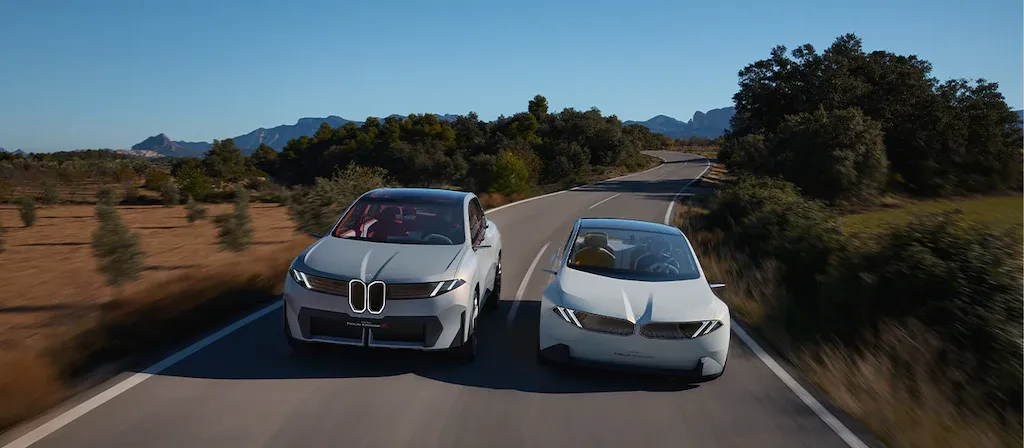BMW's M division has confirmed that solid-state battery technology, often touted as the future of electric vehicles (EVs), is still some time away from being implemented in its high-performance lineup. While the technology promises significant advancements, BMW M remains cautious about its readiness for production.
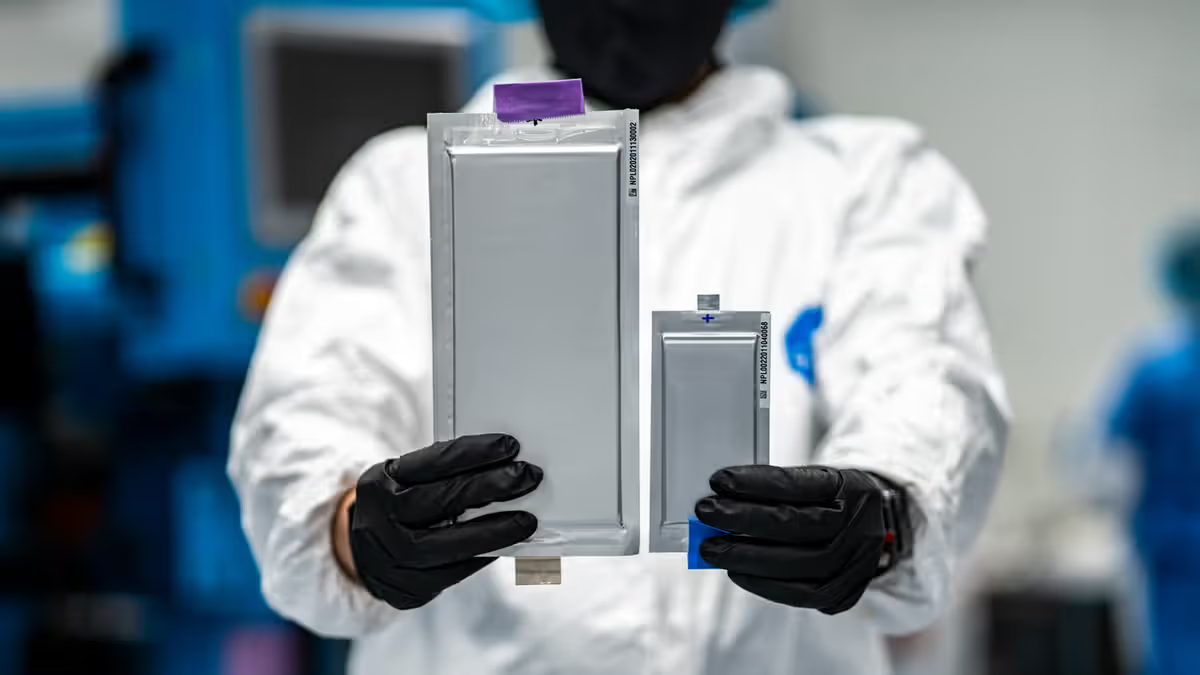
The Promise of Solid-State Batteries
Solid-state batteries are considered a game-changer in the EV industry, offering numerous advantages over traditional lithium-ion batteries:
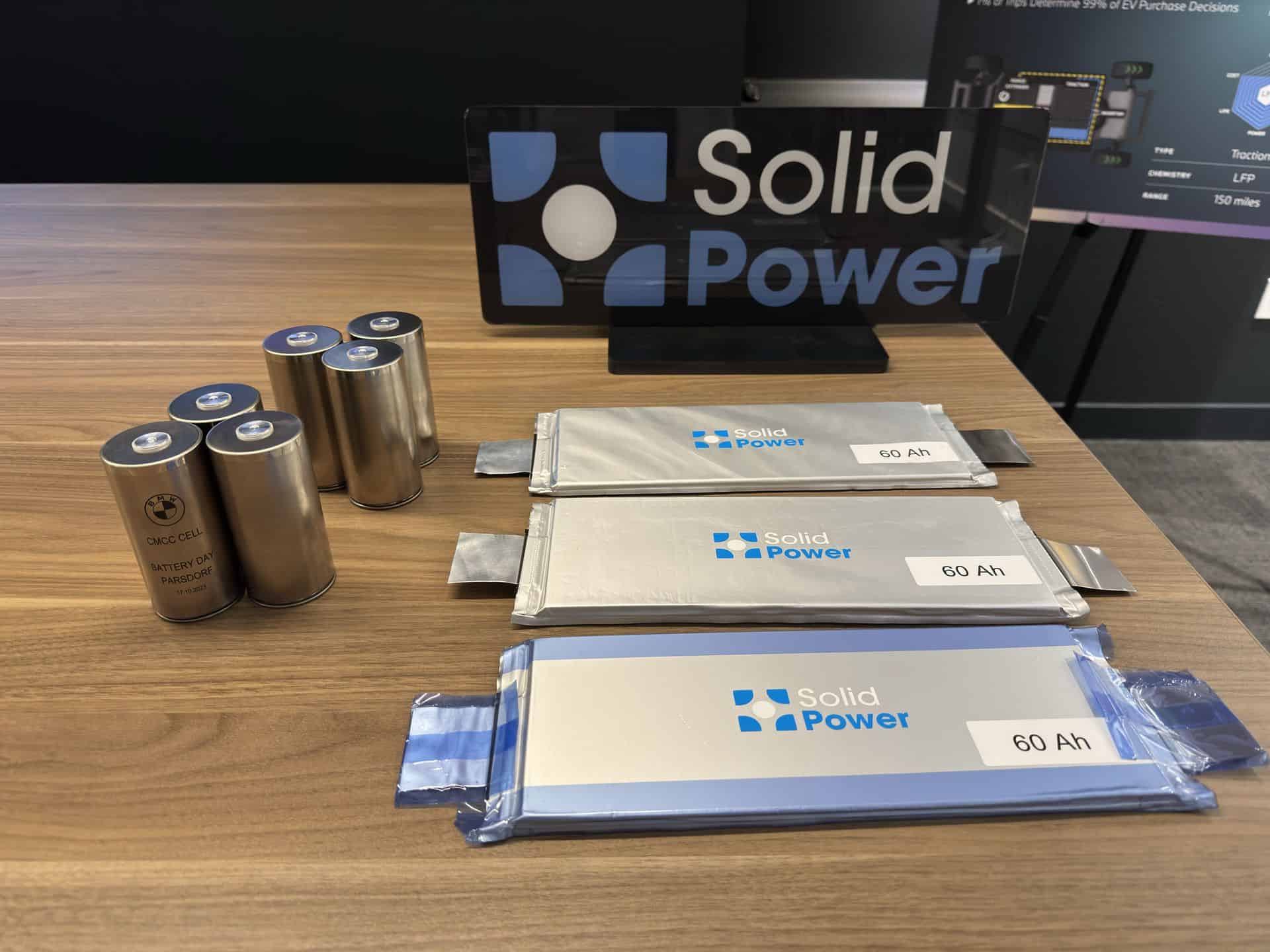
- Higher Energy Density: Solid-state batteries can store more energy in a smaller package, potentially increasing EV range significantly.
- Faster Charging Times: They promise reduced charging times, making EVs more practical for everyday use.
- Enhanced Safety: Unlike liquid-based lithium-ion batteries, solid-state batteries are less prone to overheating and fire risks.
These benefits make solid-state technology particularly appealing for high-performance brands like BMW M, where power and efficiency are paramount.
Challenges to Implementation
Despite their potential, BMW M acknowledges that solid-state batteries face several hurdles before they can be integrated into production vehicles:
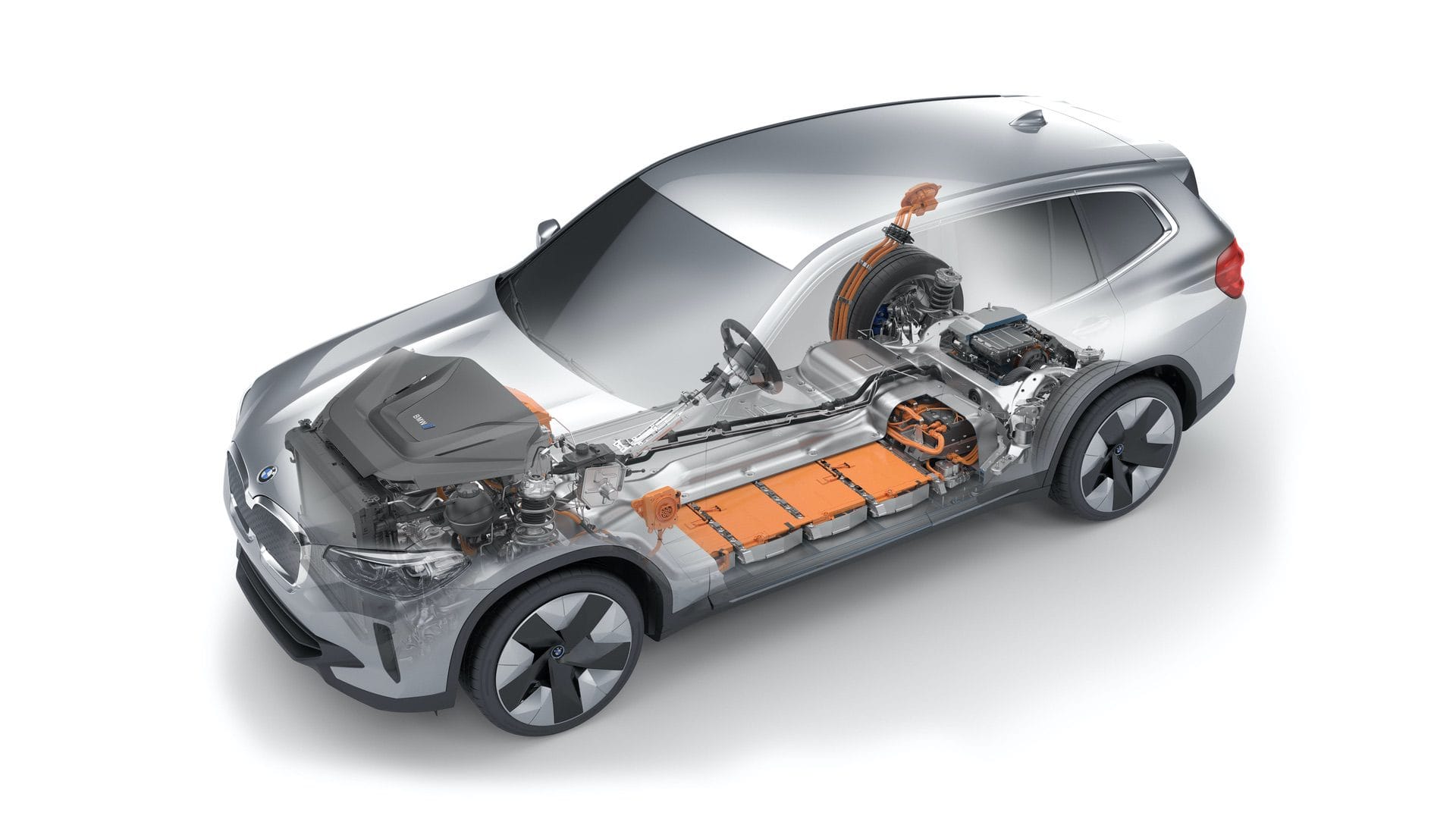
- Manufacturing Scalability: Producing solid-state batteries at scale remains a significant challenge due to the complexity of the technology.
- Cost Considerations: High development and production costs make them expensive, which could impact vehicle pricing.
- Technological Readiness: Solid-state batteries are still in the research and development phase, with many technical issues yet to be resolved for reliable use in high-performance applications.
BMW M's Current Approach
For now, BMW M continues to rely on advanced lithium-ion battery technology for its electrified models. The division has successfully integrated hybrid and fully electric drivetrains into its lineup while maintaining the performance standards that define the M brand. However, it is actively investing in research to ensure it remains at the forefront of battery innovation.
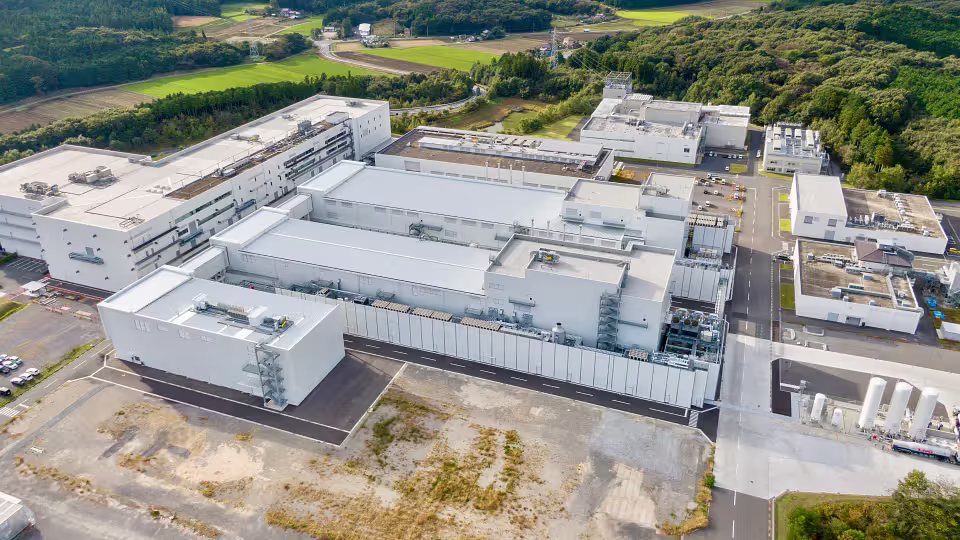
Future Outlook
While BMW M is optimistic about the long-term potential of solid-state batteries, it emphasizes a cautious and methodical approach to adopting new technologies. The division is focused on ensuring that any transition aligns with its core values of performance, reliability, and driving dynamics.
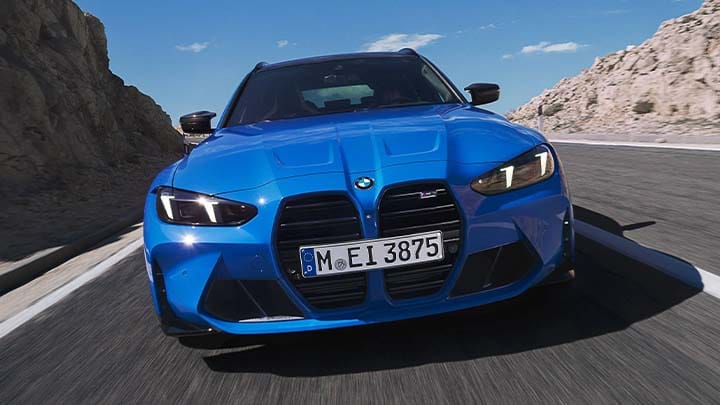
Conclusion: A Patient Path Forward
Solid-state batteries represent an exciting future for EVs, but their implementation in high-performance vehicles like those from BMW M will require time and further technological advancements. For now, BMW M remains committed to delivering cutting-edge performance using proven technologies while keeping an eye on the horizon for when solid-state batteries are ready for prime time.



